Eleven
EDUCATION AND CIVIC DEVELOPMENT
Education has been a cornerstone in Austin from the beginning. Early school classes were often held in churches, but proper facilities were soon built.

The Stuart Female Seminary Class gathered on the river bank before an excursion to Lake McDonald on the Ben Hur in 1895. Pictured, from left to right, are as follows: (front row) seminary president Rev. John M Purcell, Blanche Mason, Tina Busby, teacher Miss Beatrice Graves, May Barnes, Bessie Bull, and Miss Pattie Guthrie, teacher. The facility opened in 1882 at the corner of East 9th and Navasota Streets and was in operation until 1900. (Courtesy Lel Hawkins.)
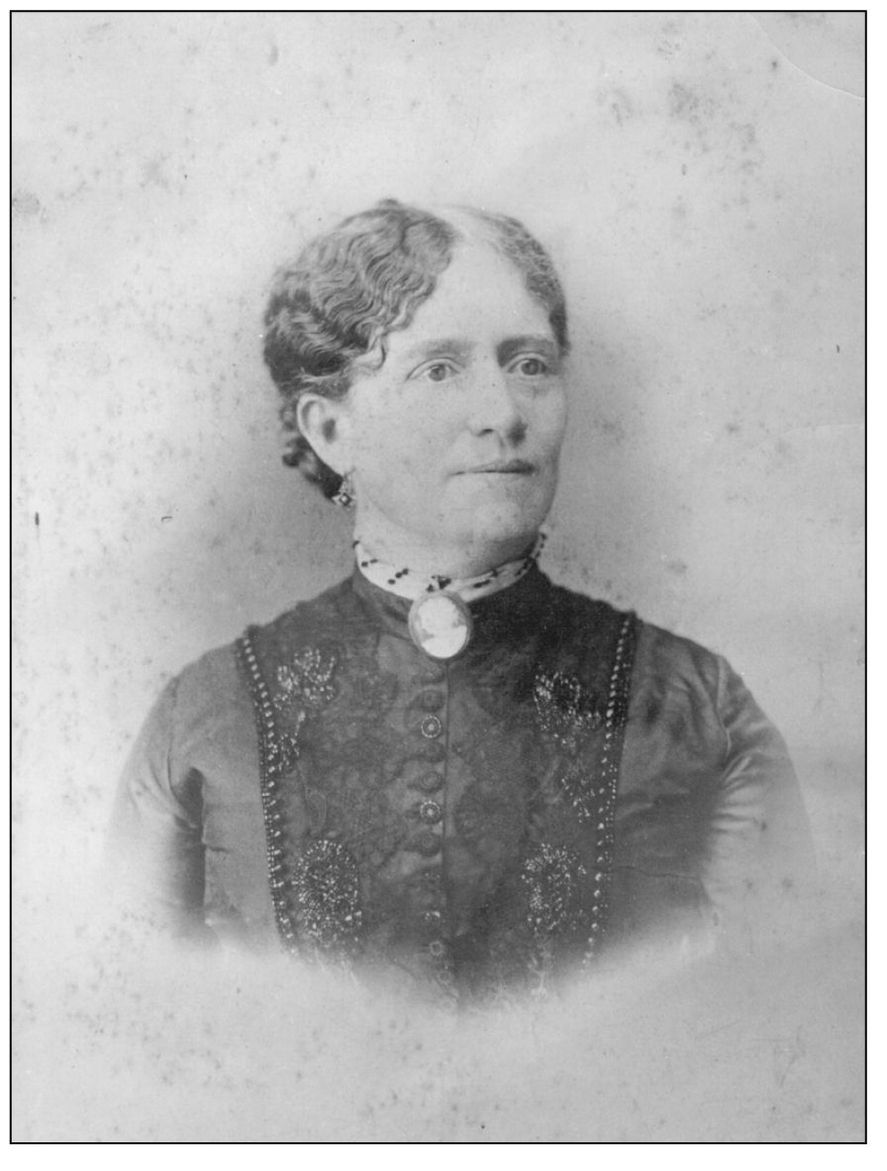
Mary Frances Blake was born in Mississippi in 1837 and moved to Houston in 1846 just as the Republic of Texas had become a state. At the age of 12 she went to the Hartford Female Seminary in Hartford, Connecticut, and in 1859 returned to Texas to teach. She married Robert C. Stuart II and came to Austin to teach at the Stuart Female Seminary. (Courtesy Lel Hawkins.)
Mrs. Martha Ingerson is working at the restored Esperanza School. The one-room log school was originally located west of Austin on Bull Creek Road but is now at the Austin Area Garden Center at Zilker Park. (Courtesy Lel Hawkins.)

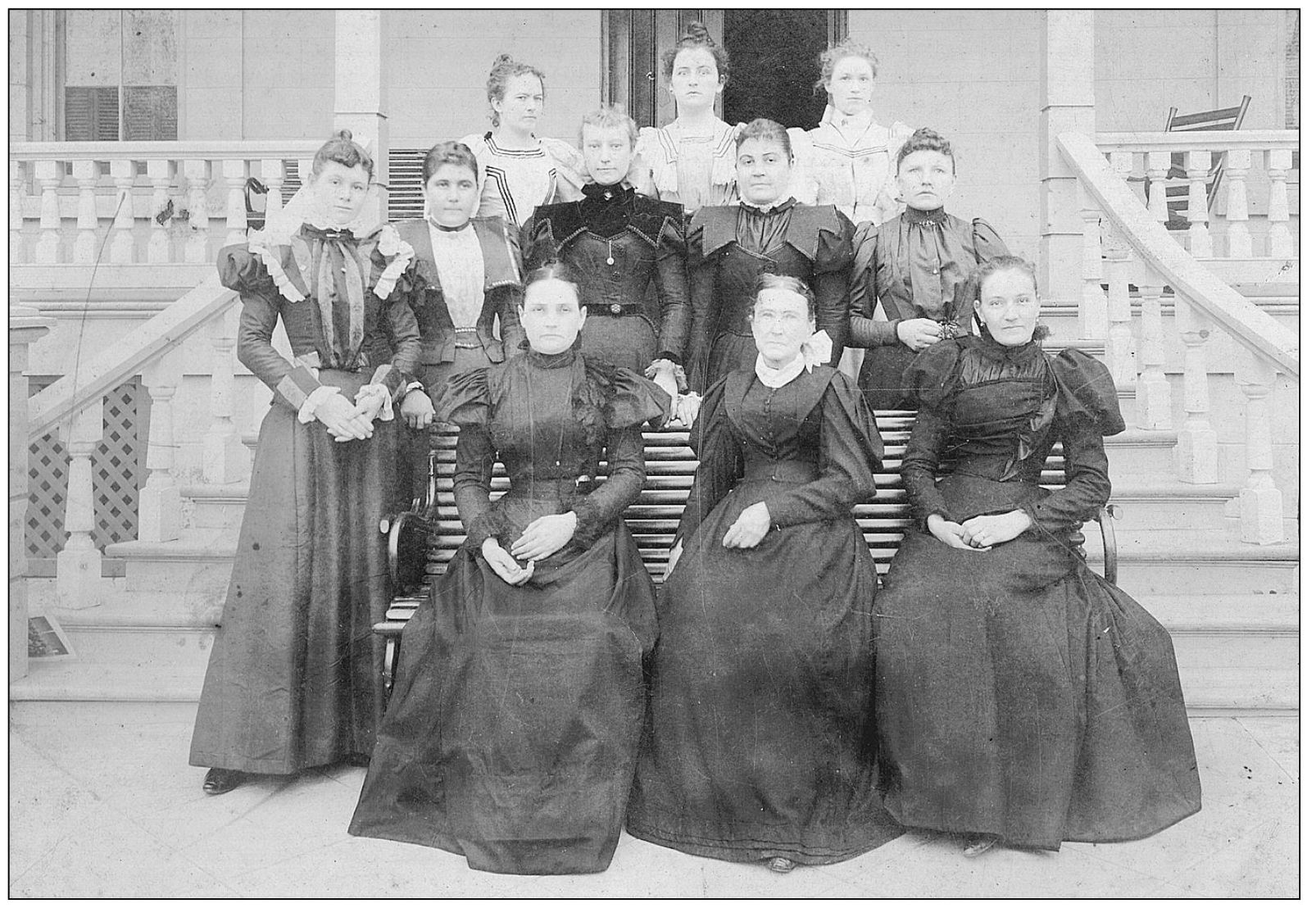
This school was built as the “Blind Institute” in the late 1850s. Provisions of $10,000 were set aside for this facility to serve the blind. Dr. S.W. Baker was superintendent, and the board of trustees consisted of J. Caldwell, George Paschal, J.W. Phillips, R.J. Townes, and S.M. Swenson. This was the staff in the late 1890s.
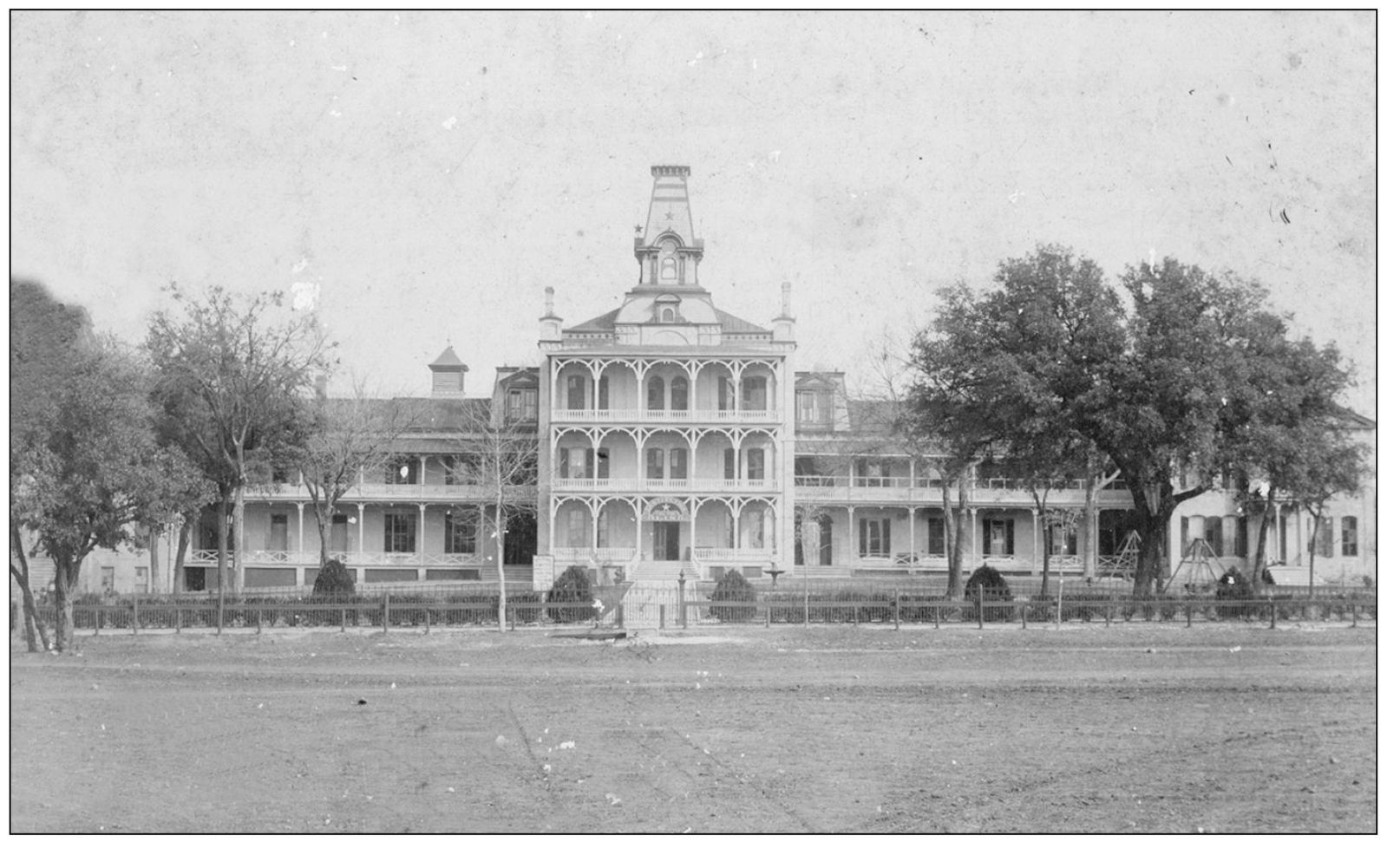
The “Blind Institute” building has now been restored by the University of Texas and is known as “The Little Campus.”
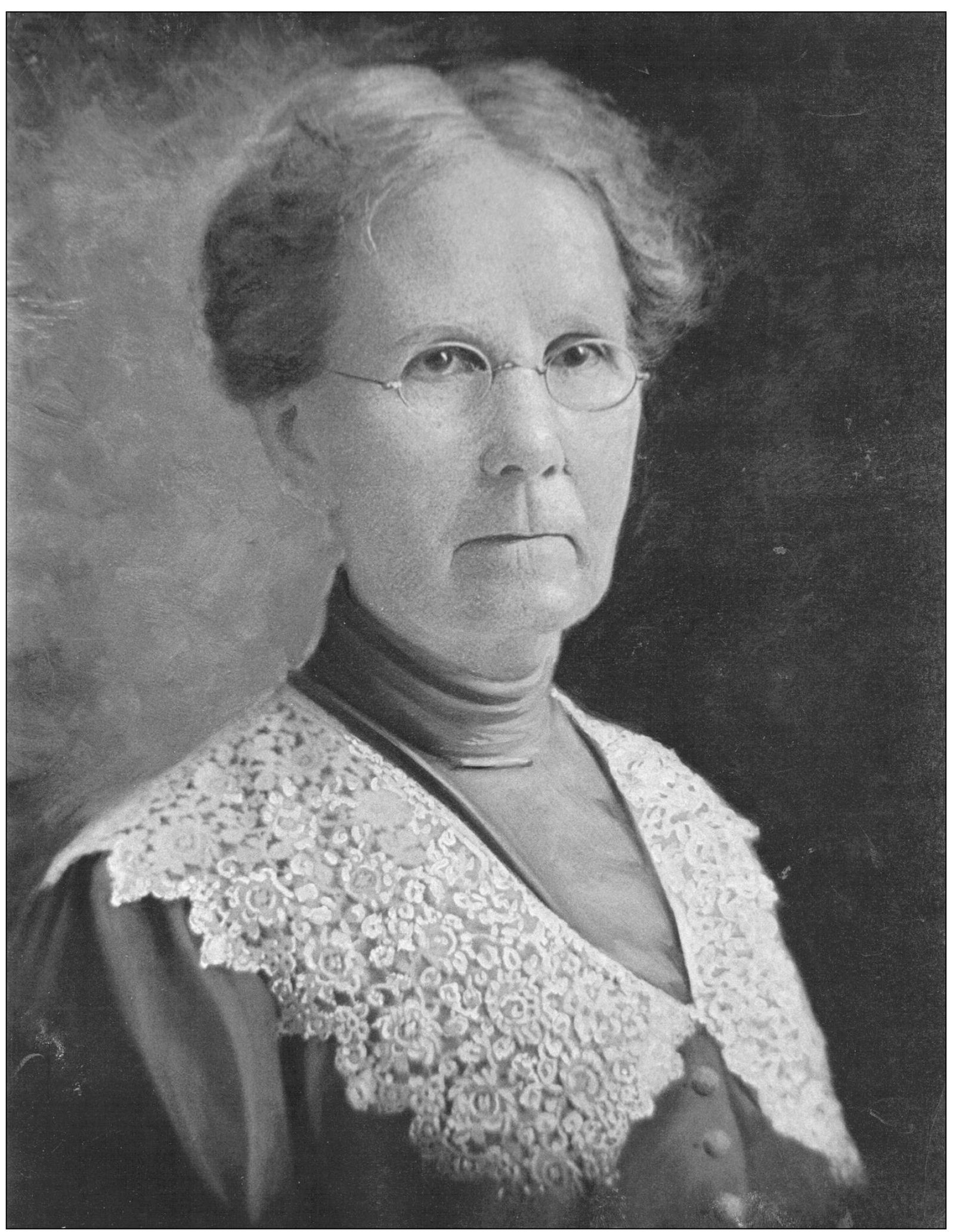
Miss Emily Lewis was the first girl to attend the Texas School for the Deaf, and became the first female teacher there. (Courtesy Texas School for the Deaf.)
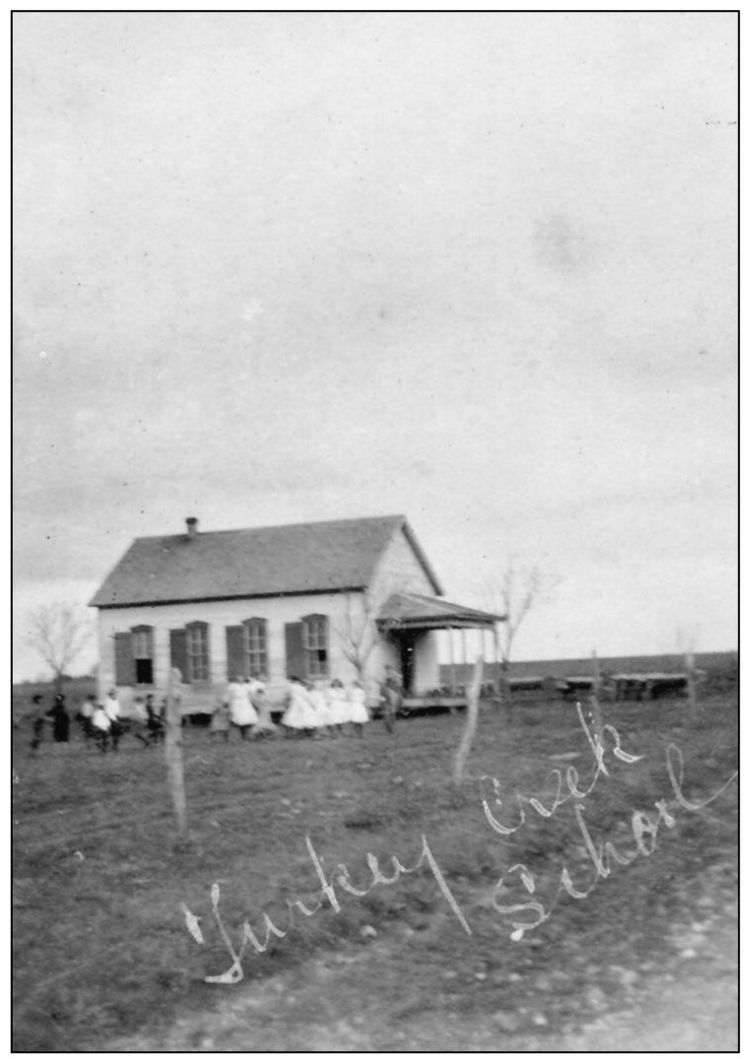
The Turkey Creek School was in the country northeast of Austin. This is how the one-room school looked in 1911. (Courtesy Cynthia Trenckmann.)
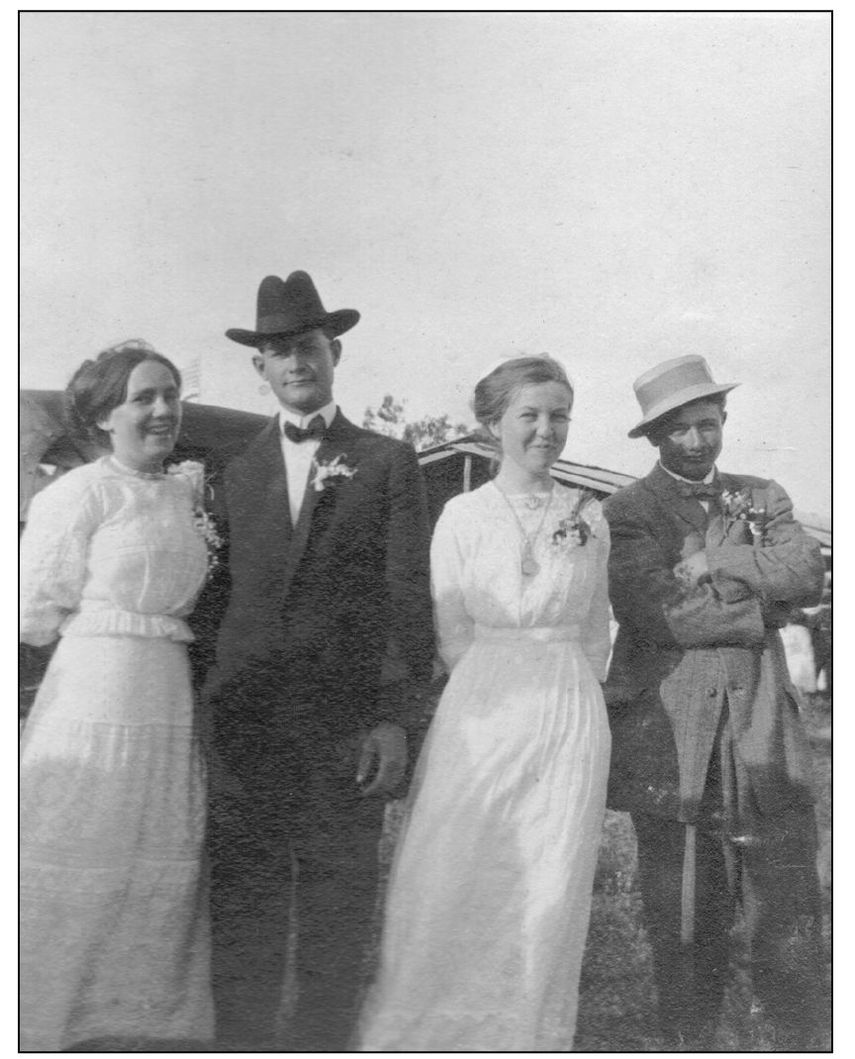
In 1911, lady teachers were required to be single, but boyfriends could attend the Mayfest activities. (Courtesy Cynthia Trenckmann.)
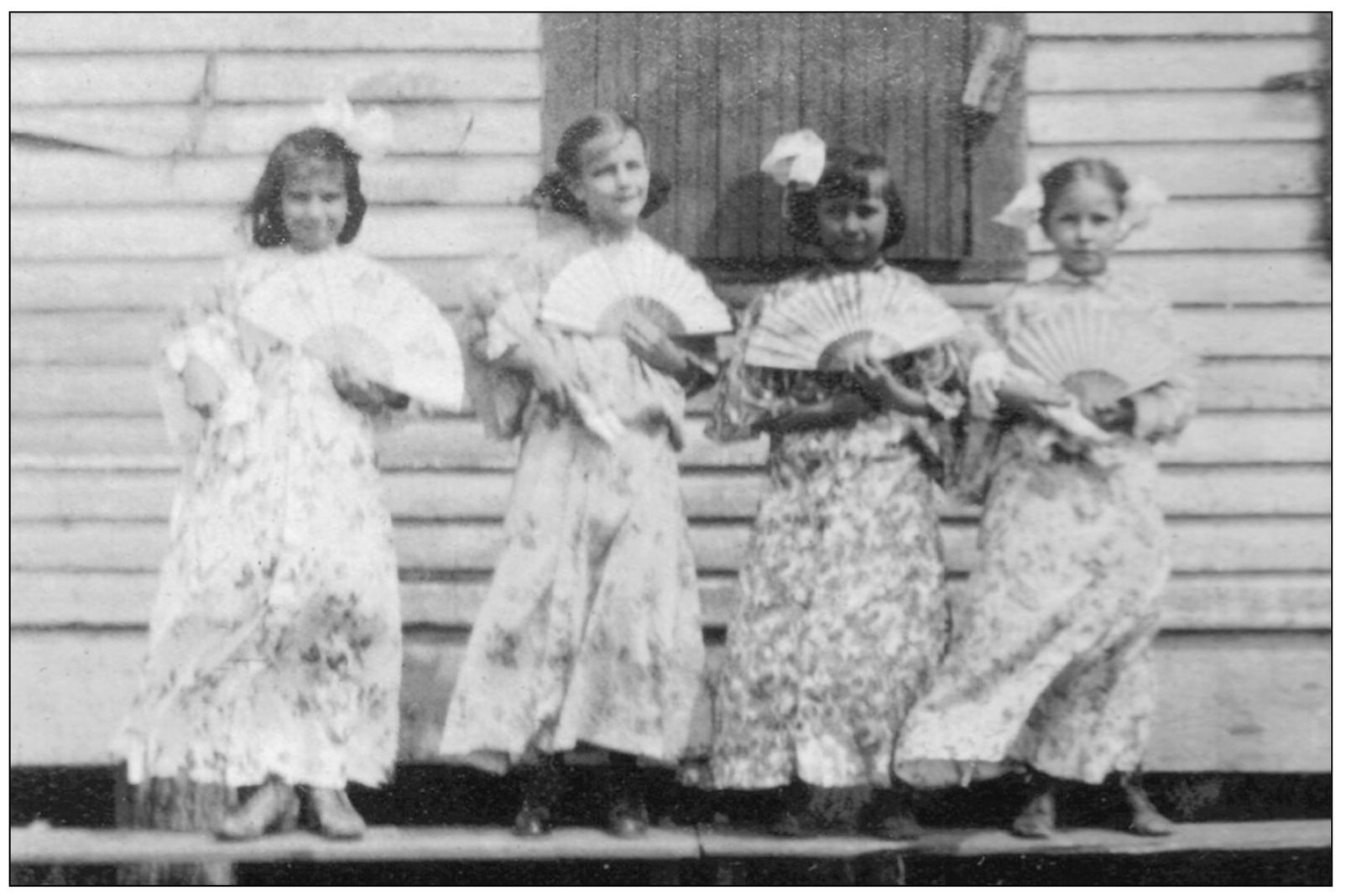
These Turkey Creek students are celebrating the end-of-school closing program in the spring of 1912. (Courtesy Cynthia Trenckmann.)
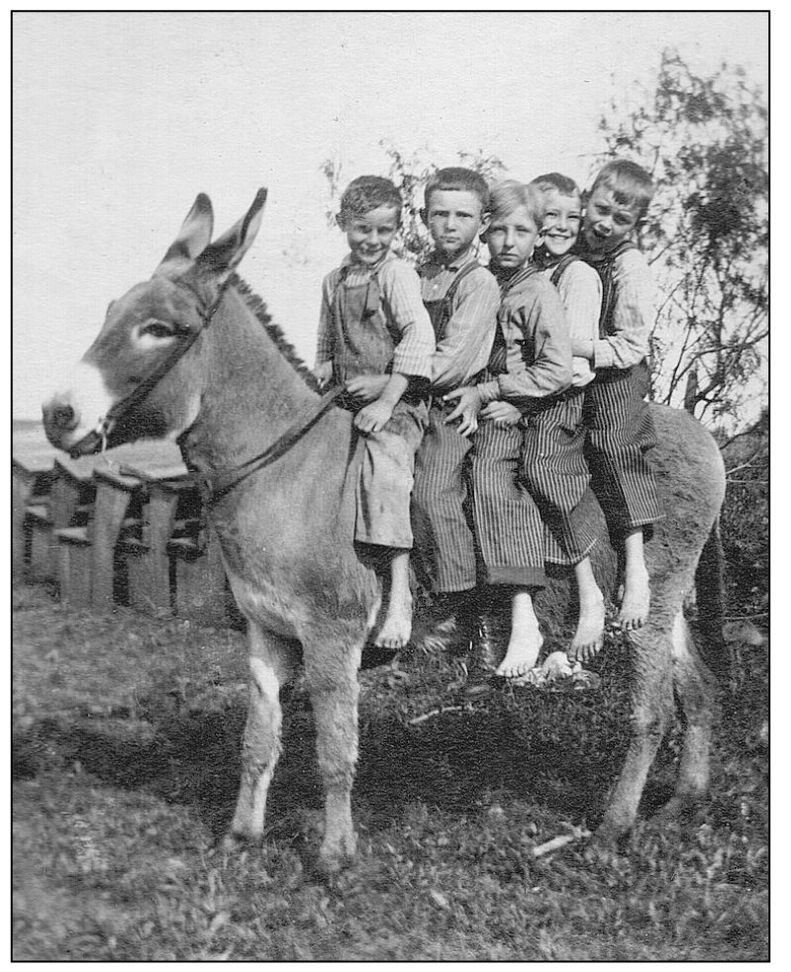
Turkey Creek students enjoy riding this donkey, which didn’t seem to mind 5 kids at one time! (Courtesy Cynthia Trenckmann.)
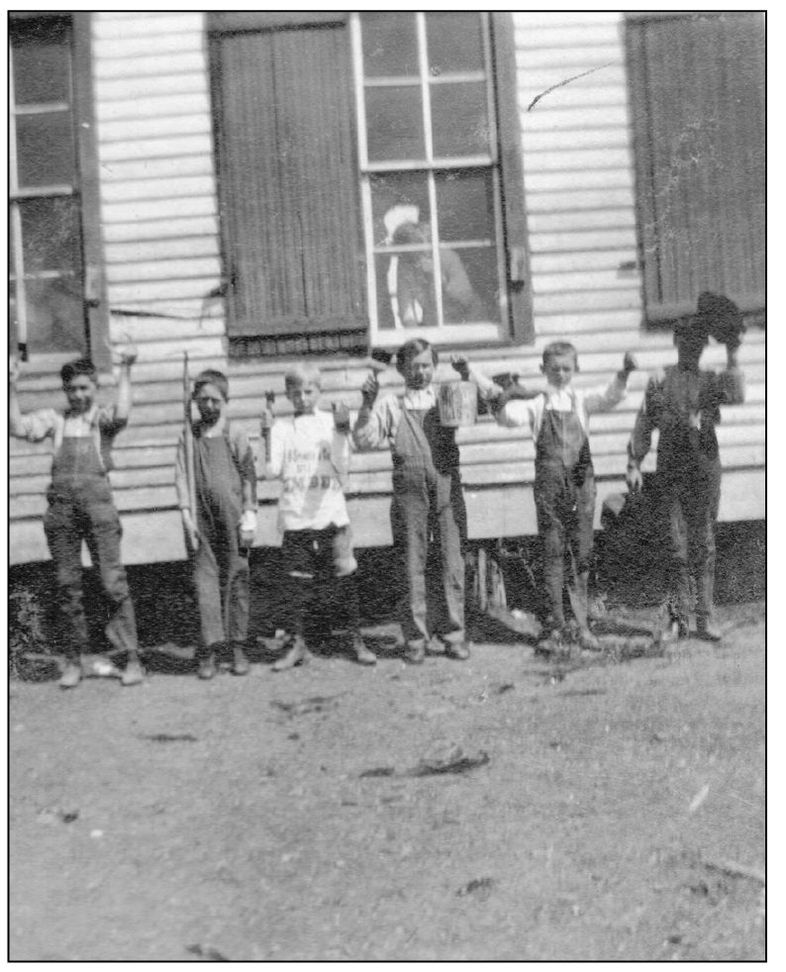
These boys are holding cans of paint and paintbrushes, apparently to paint the school. (Courtesy Cynthia Trenckmann.)
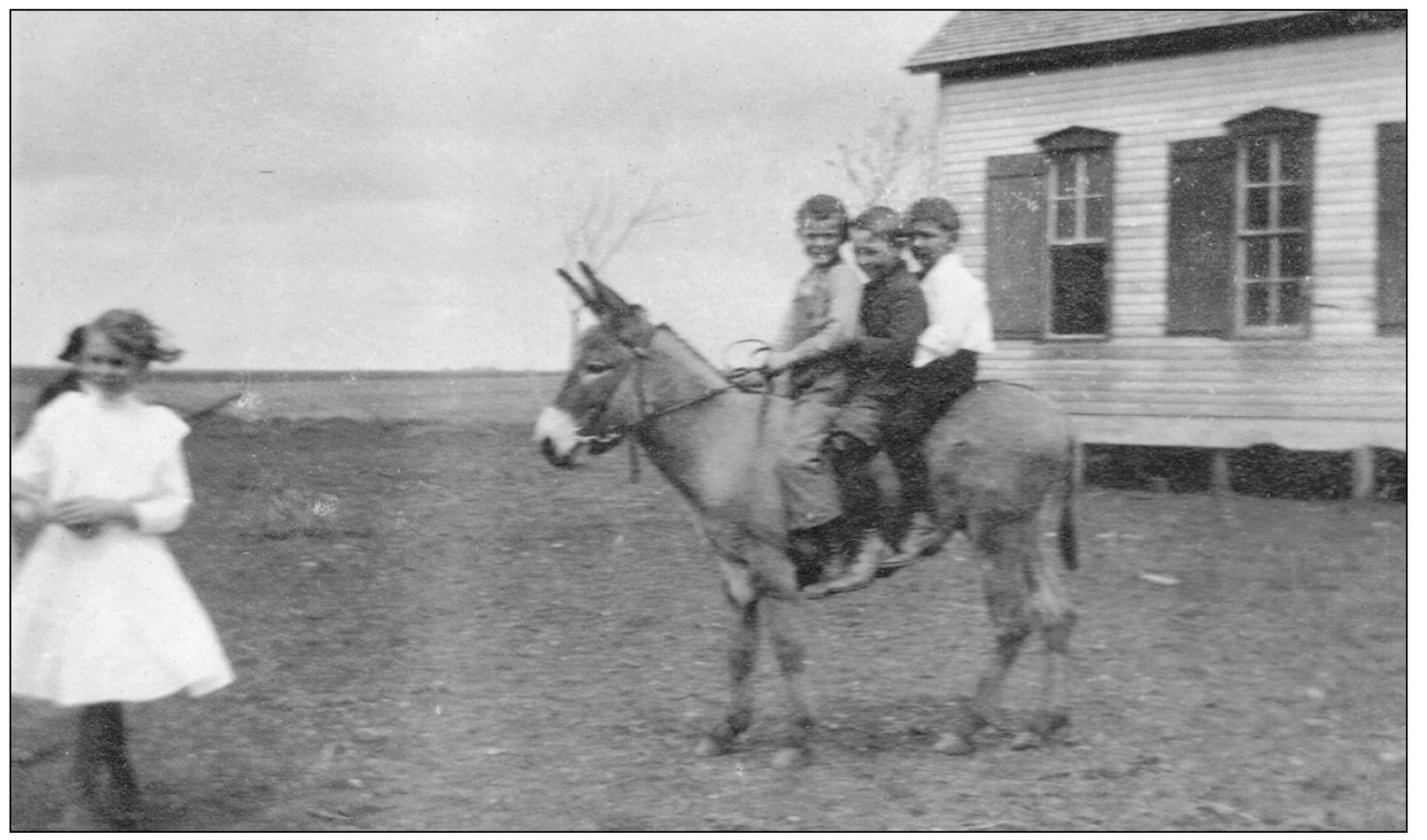
This is another picture from the end of the school year in 1912. (Courtesy Cynthia Trenckmann)

This was Turkey Creek School in 1911–1912. These ladies are quite fashionable, even for the countryside. (Courtesy Cynthia Trenckmann.)
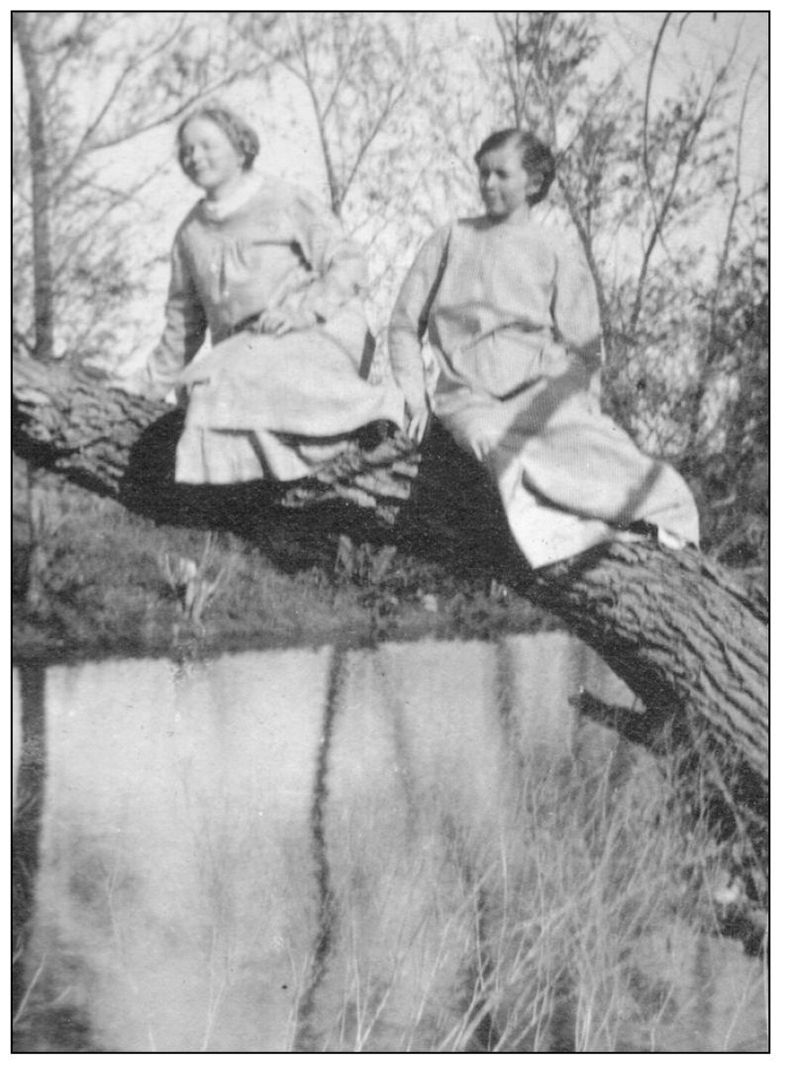
These ladies are identified as Else, left, and Bertha. (Courtesy Cynthia Trenckmann.)
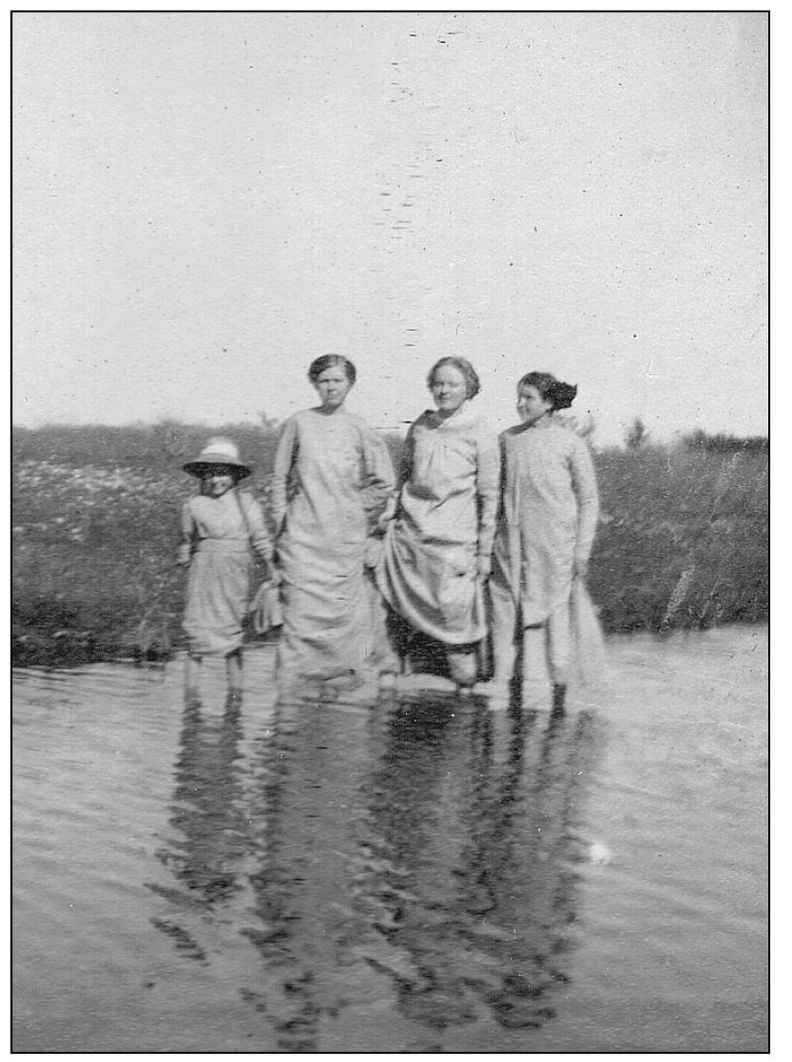
These individuals are wading in Turkey Creek. (Courtesy Cynthia Trenckmann.)

These ladies probably never operated this wagon. (Courtesy Cynthia Trenckmann.)
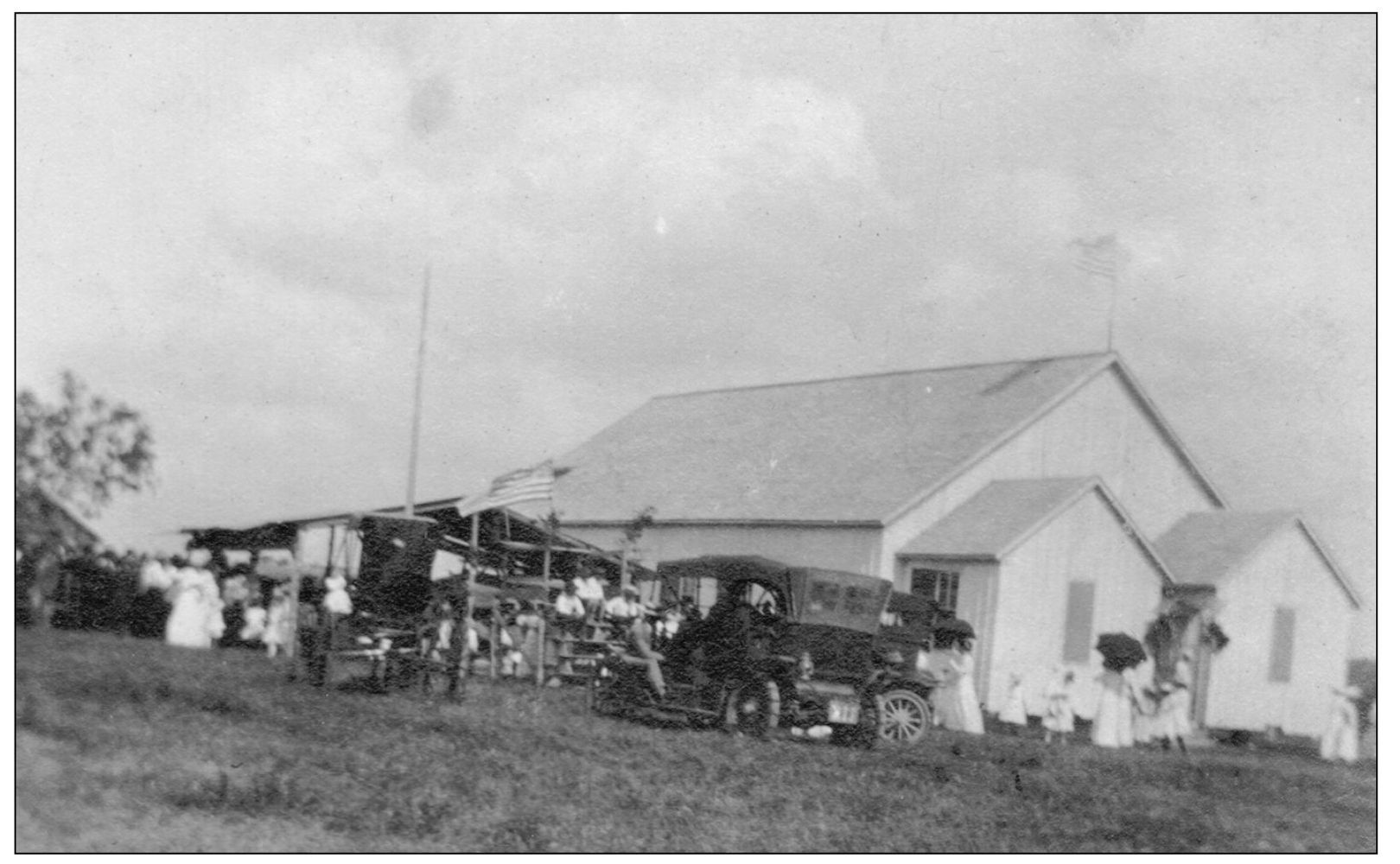
Bertha was crowned “Queen” of the Turkey Creek School Mayfest in the spring of 1912. (Courtesy Cynthia Trenckmann.)
Viola M. Luck graduated from Austin High School in about 1919.


Beatrice Luck was admitted to Austin High School in 1915. Austin school superintendent A.N. McCallum, noted educator, served as superintendent for almost 40 years. A high school was later named in his honor.
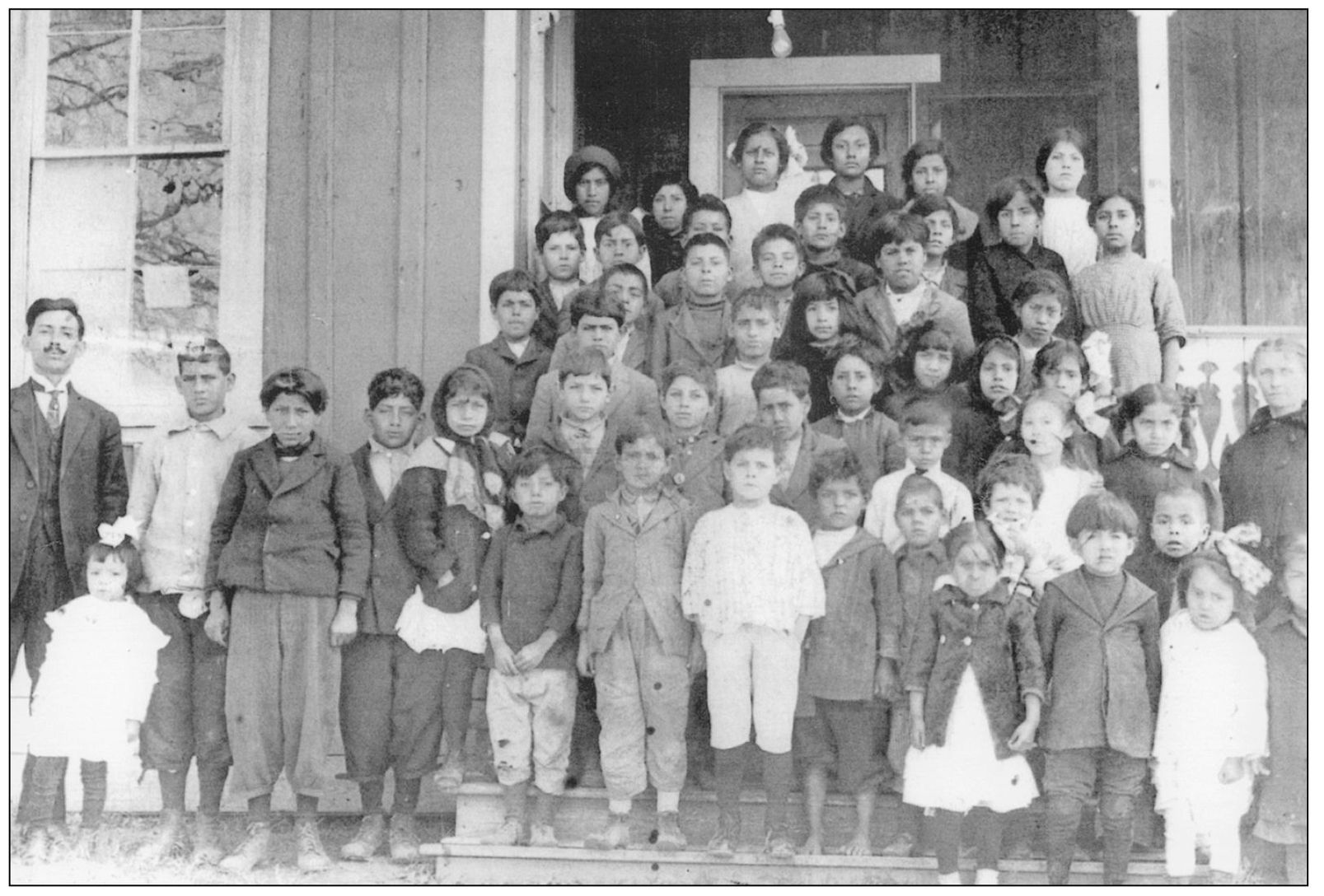
In 1916, the Mexican Baptist School opened at 301 East Avenue. It was a part of the First Mexican Baptist Church of Austin, which was originally organized in March 1899. At the far left is Rev. Daniel Sierra Barocio, church pastor. (Courtesy Danny Camacho.)

This building is the “old” Austin High School that was last used for high school classes in 1926. (Courtesy Ken Wukasch.)
Miss Viola Luck had only been out of Austin High School for one year when she began teaching at the Creedmore School in 1920.
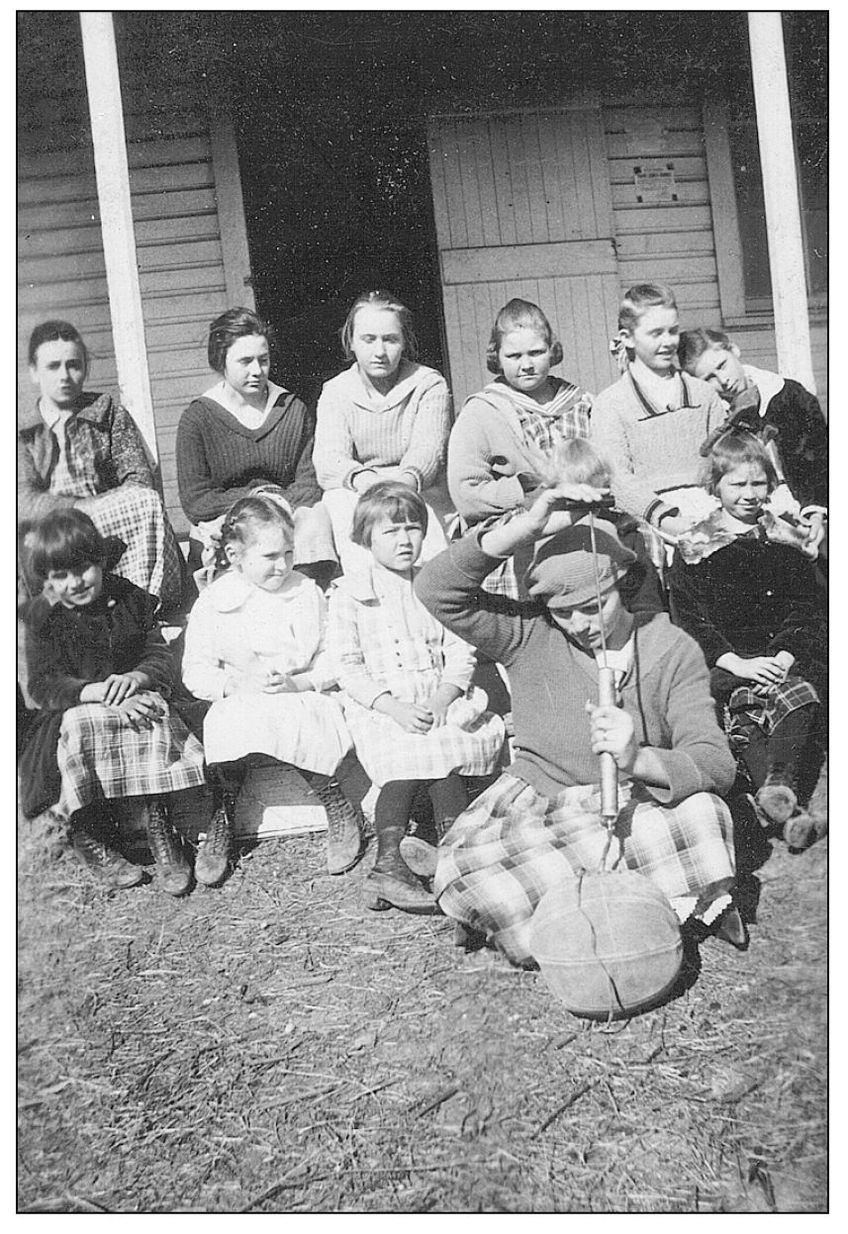

These are the Brackenridge School of Nursing students in about 1932. (Courtesy Christine Mason.)
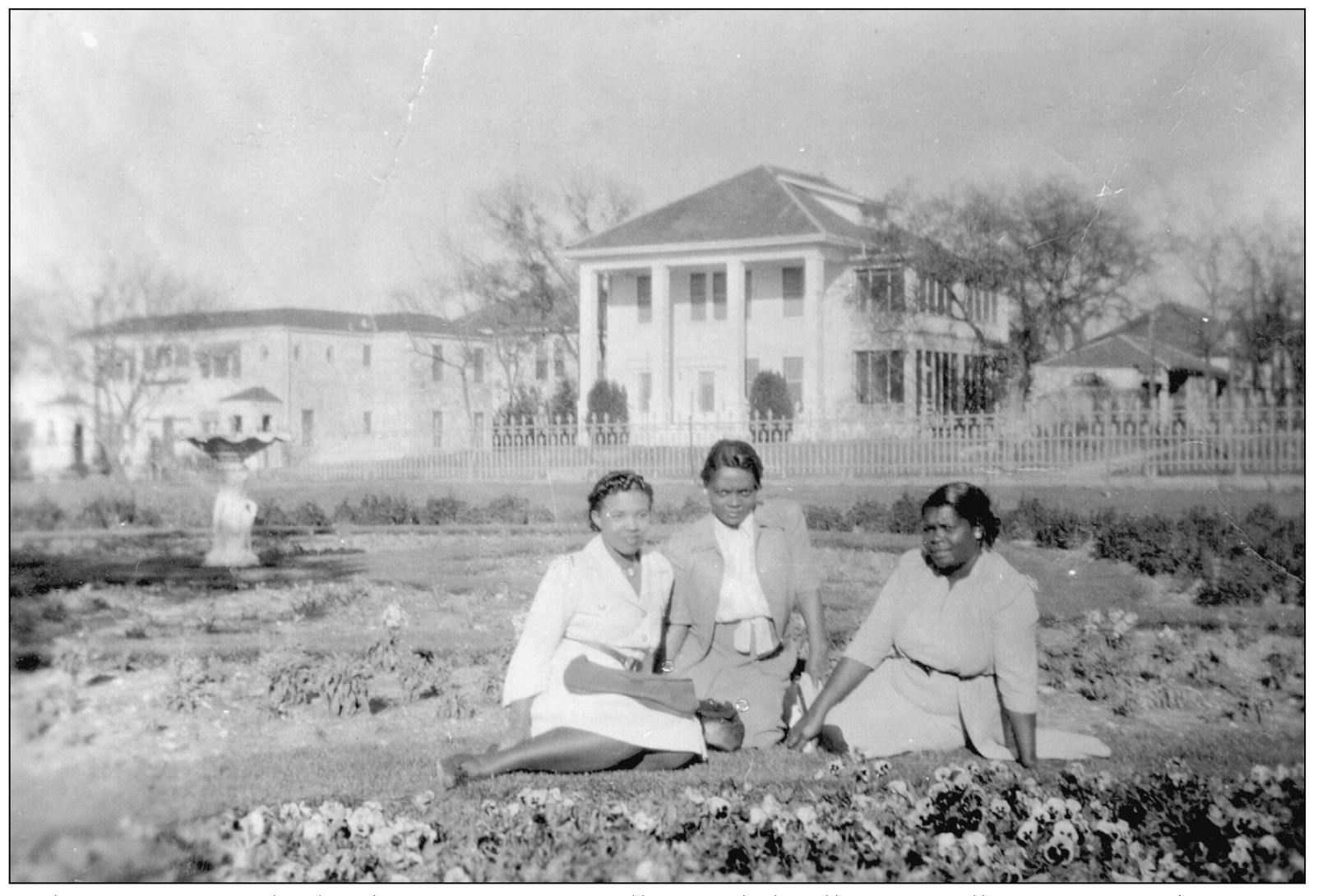
Helen, Fannie, and Alfreda Ussery, sisters, all attended Tillotson College in 1929. (Courtesy Ursula Carter.)
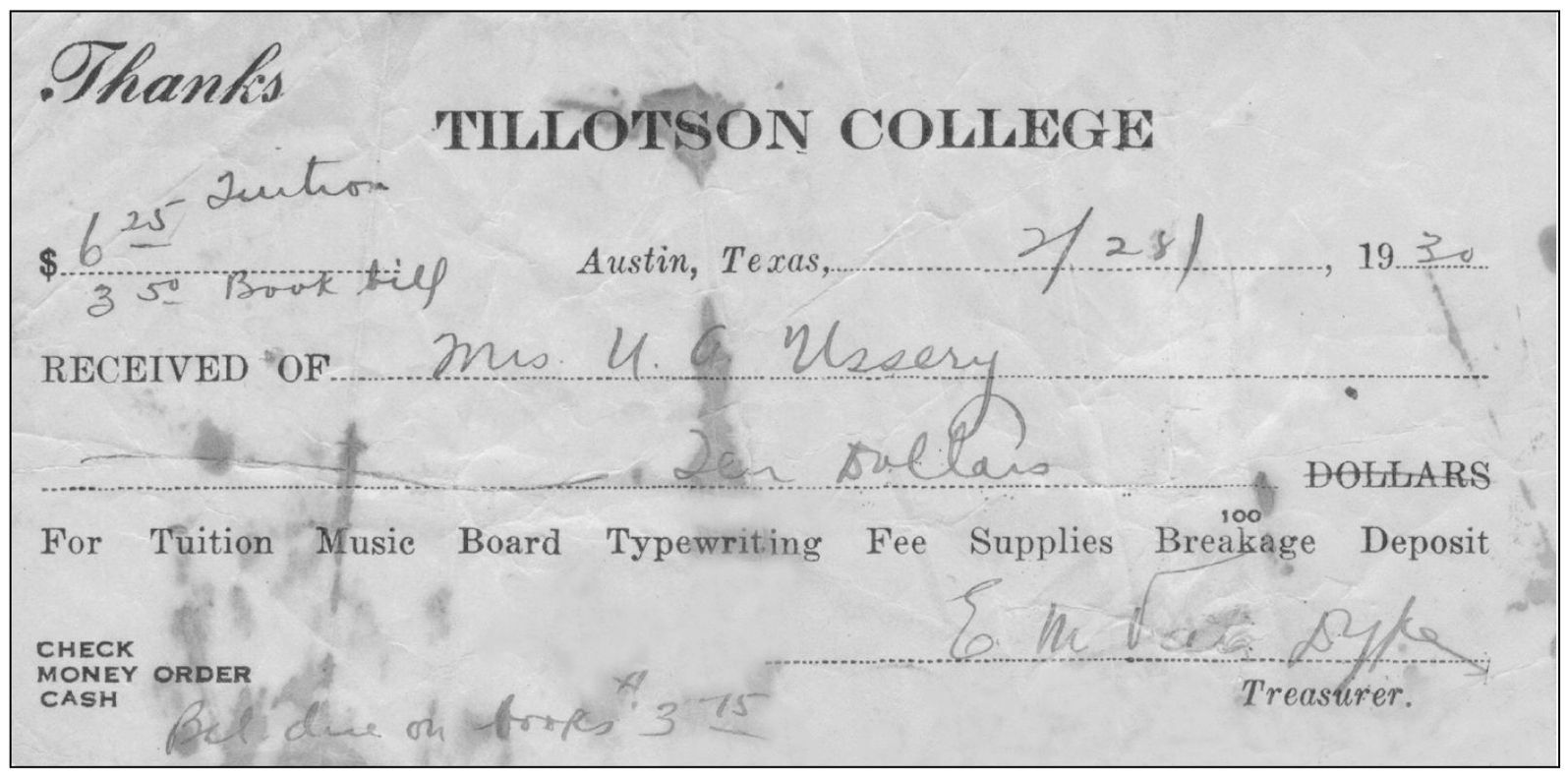
In 1930, Mrs. U.A. Ussery paid $6.25 tuition for her daughter Alfreda to attend Tillotson College. (Courtesy Ursula Carter.)
Fannie Mae A. Ussery Lowe graduated from Tillotson College and became a librarian at the “colored” Anderson High School. (Courtesy Ursula Carter.)
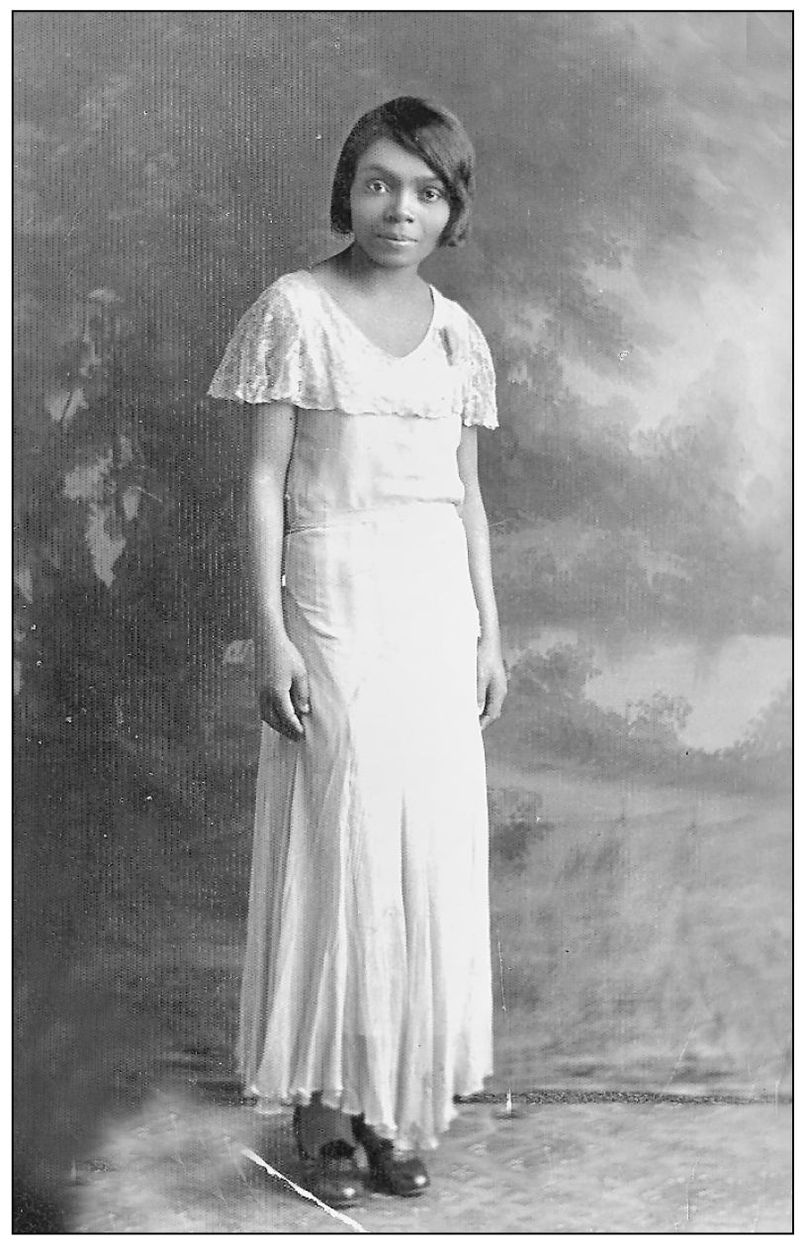
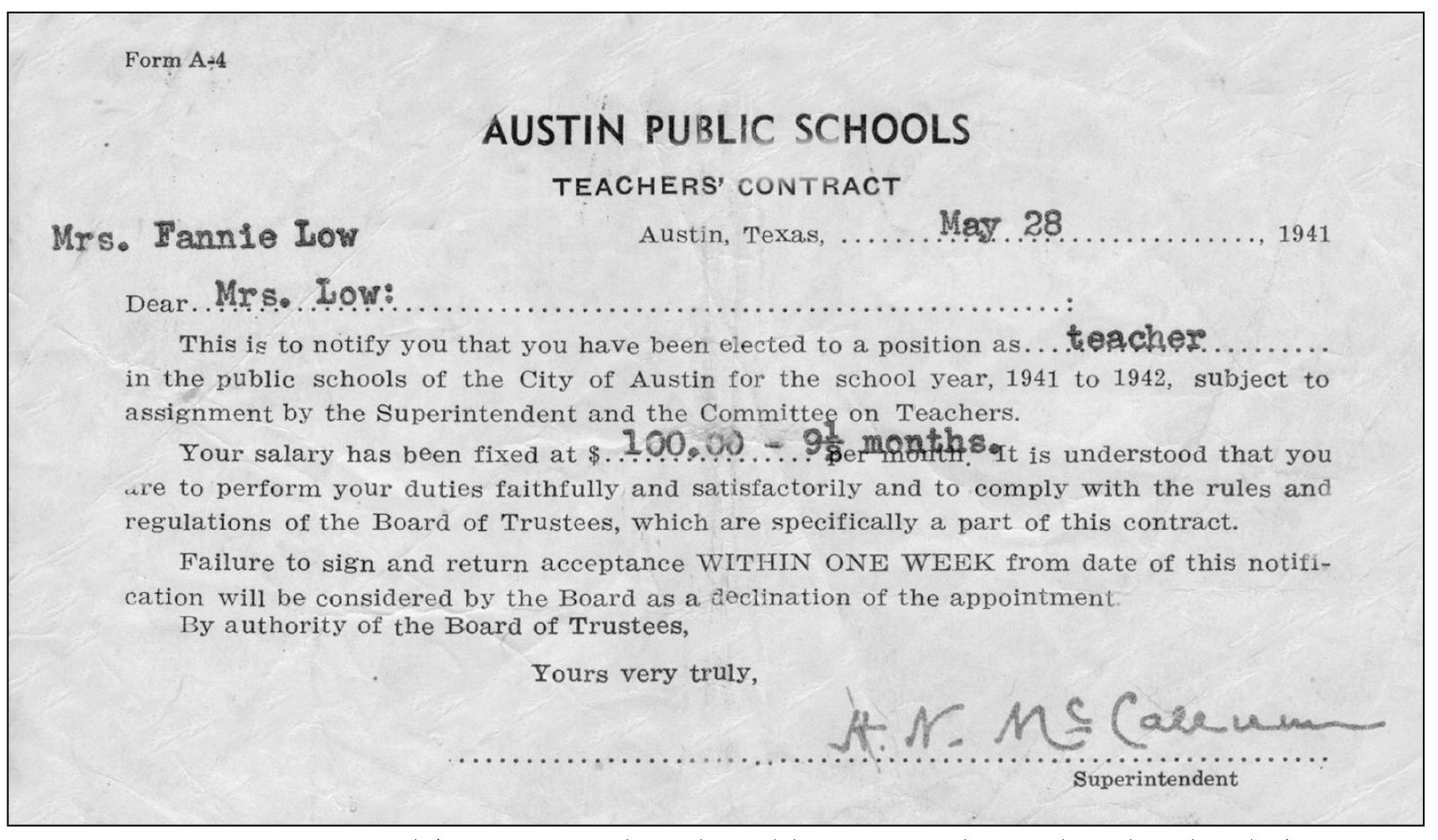
Mrs. Fannie Lowe was paid $100 a month to be a librarian at the “colored” school. (Courtesy Ursula Carter.)
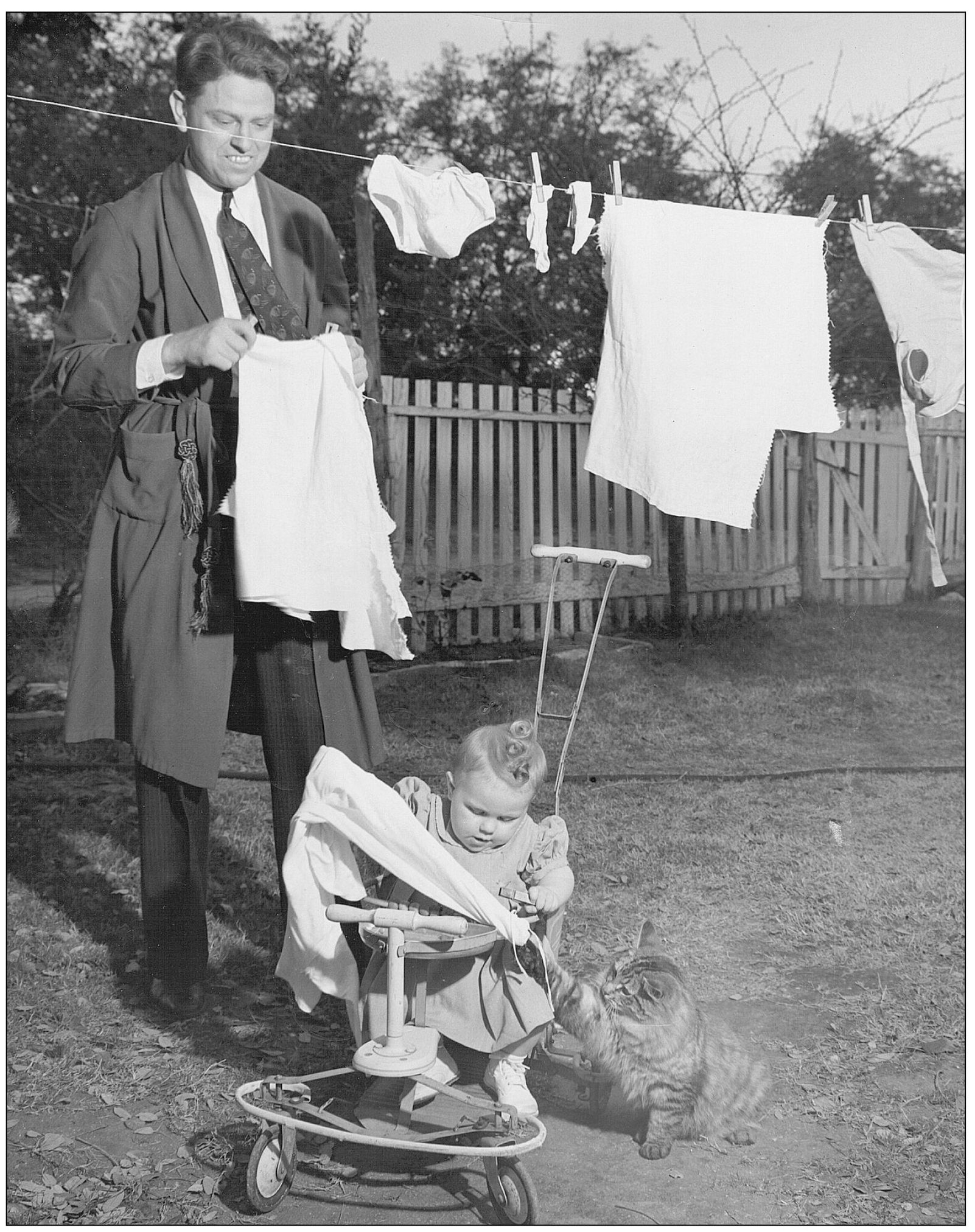
Dr. Dewitt C. Reddick (1904–1980) and his brother were orphaned at a young age, and they essentially supported themselves. Dr. Reddick earned many degrees, and was a professor of journalism at UT, retiring as professor emeritus in 1975. He wrote and edited many books, but always had time for family. (Courtesy Lel Hawkins.)
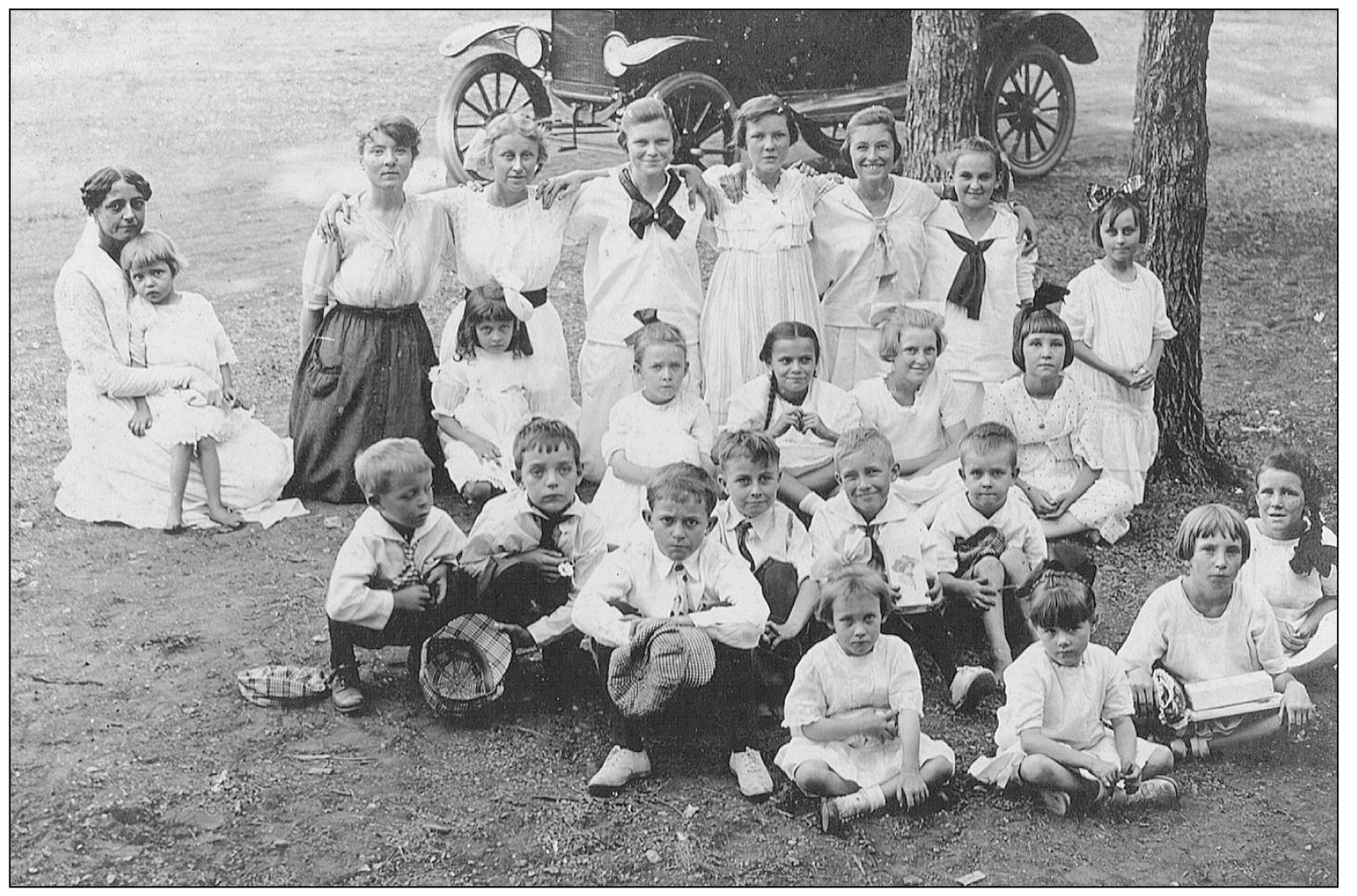
Pease School was the first Texas school built with public funds. It opened in 1876, and the Austin paper reported that “it is finely located, two stories high, with a basement, fitted up with recitation rooms and will accommodate 500 pupils.” Trustee S.G. Sneed quoted the cost to be $20,376.13 with an additional $458.16 spent on a cistern and other fixtures. Pease School is still in operation.
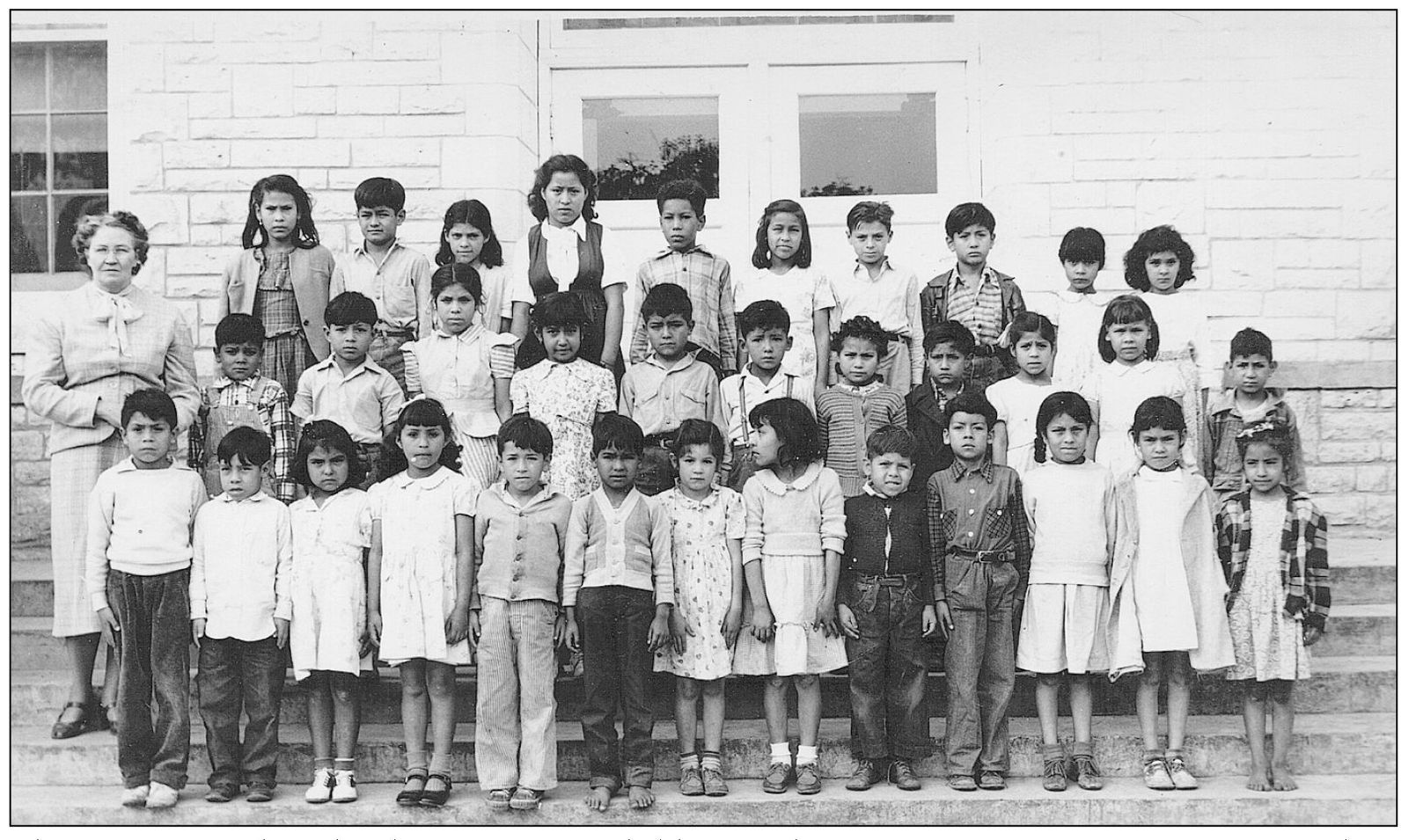
This was one of the schools for Mexican children in the Austin area. Mrs. McNeese, at far left, was the teacher. (Courtesy Frances Archer.)
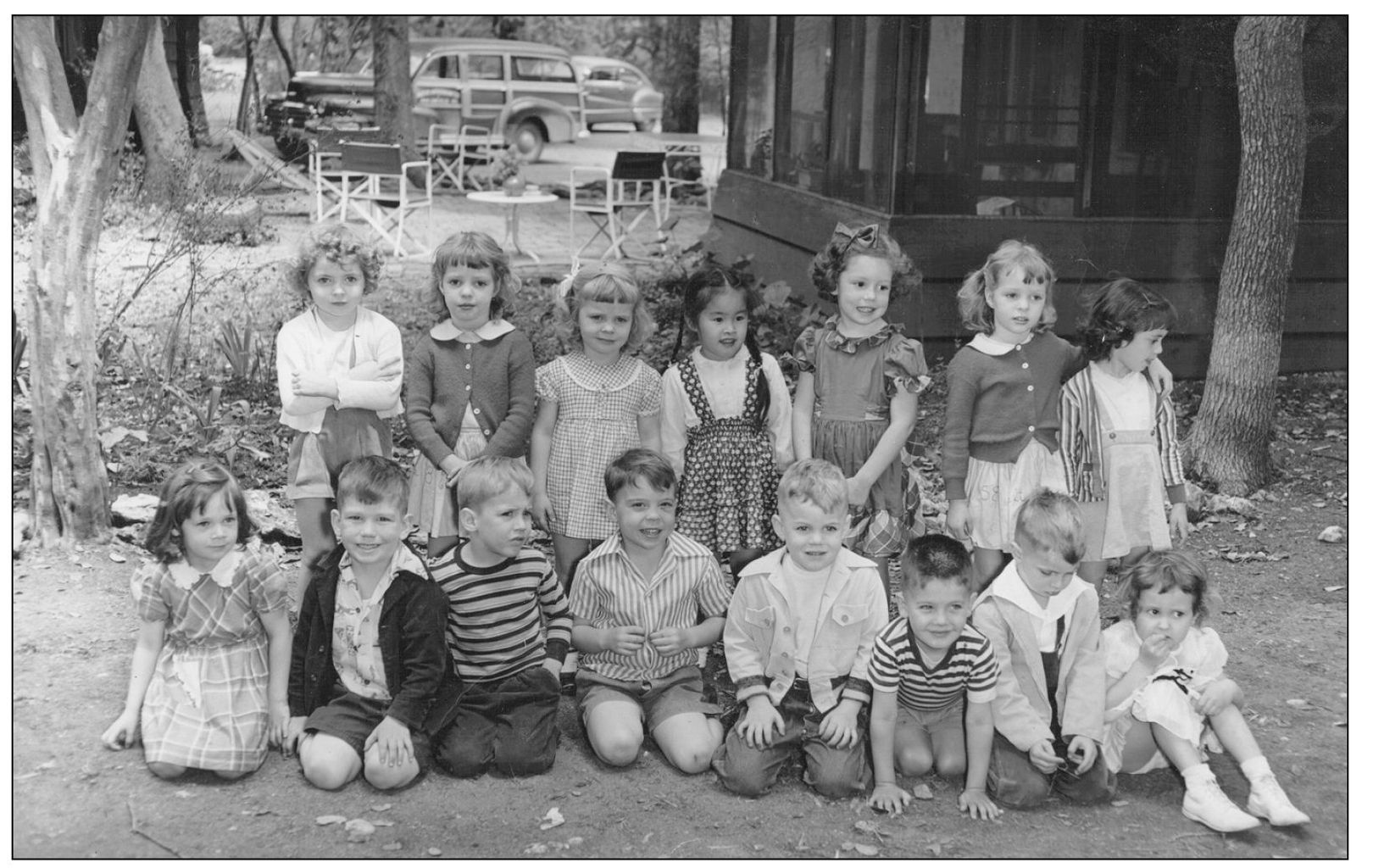
This is an Austin kindergarten in 1949 on Enfield Road. Pictured, from left to right, are as follows: (front row) Kathy Jackson, Ed ?, Joe Mack, Stephen Duval, Fred Connell, Jay Hamilton, Larry ?, and K. Acker. In the back row, from left to right, are Karen Dannelly, GeGe McCuiston, Phylis ?, Kay Wong, Peggy Scurlock, and Shelly McCuiston.
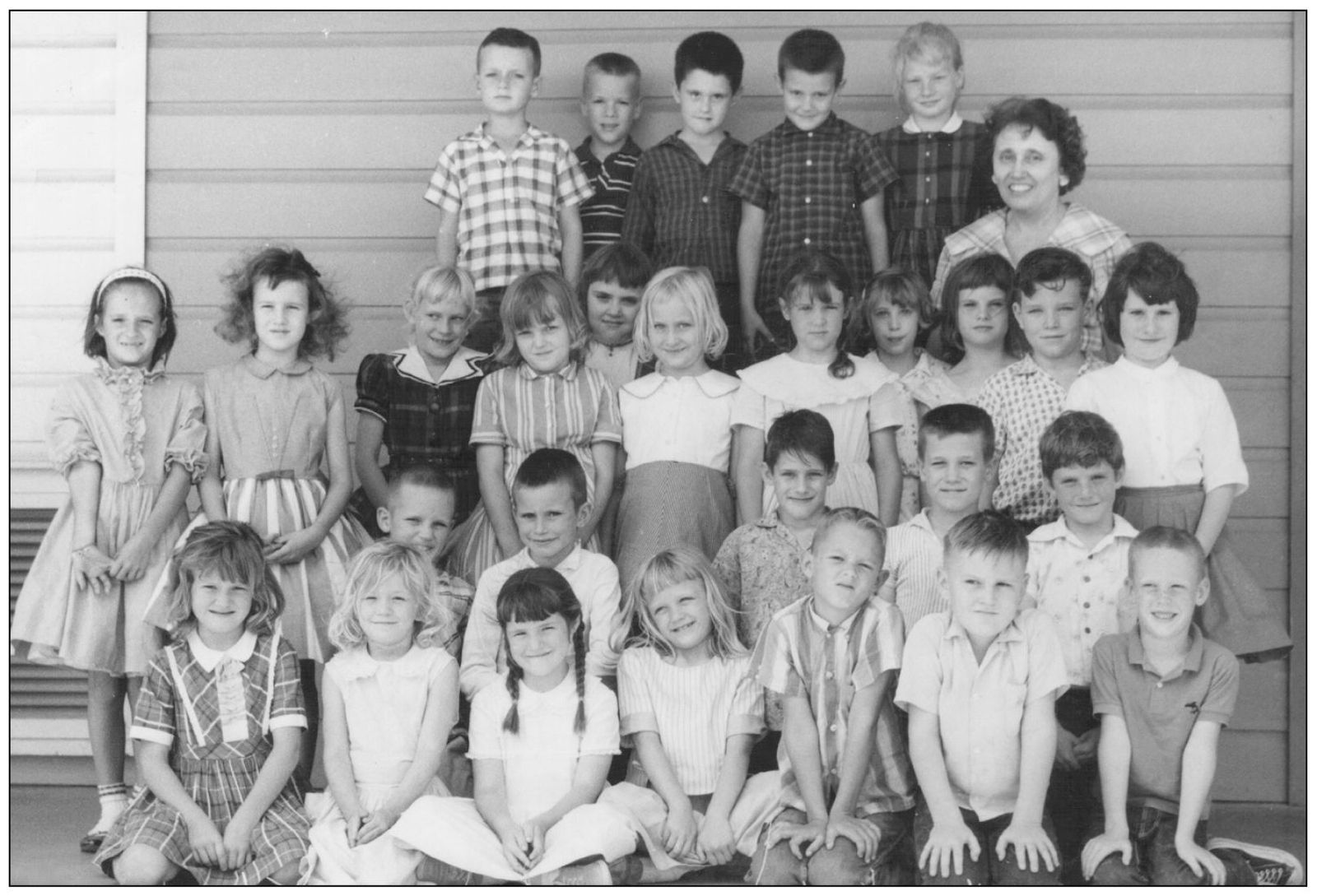
Mrs. Ruth Massey, teacher, is shown here with the Summitt School second grade class on May 10, 1963.